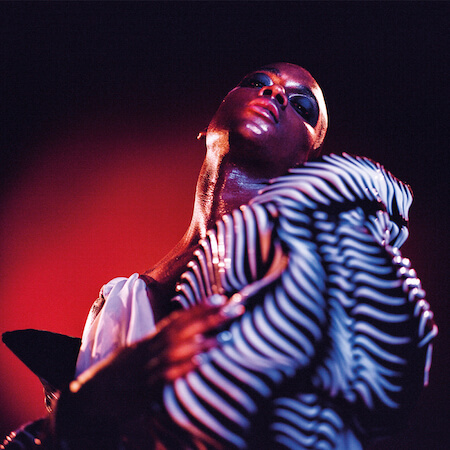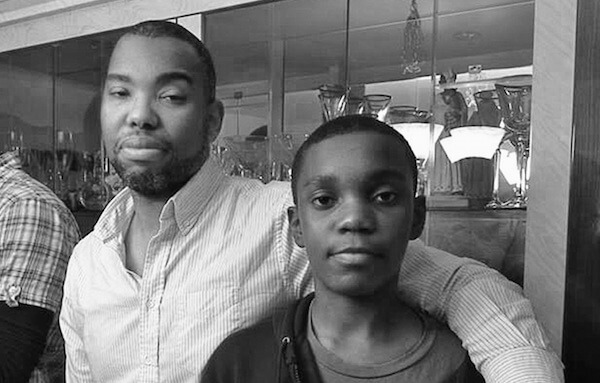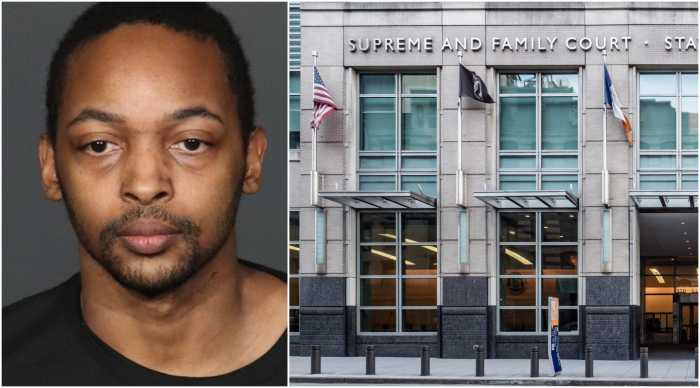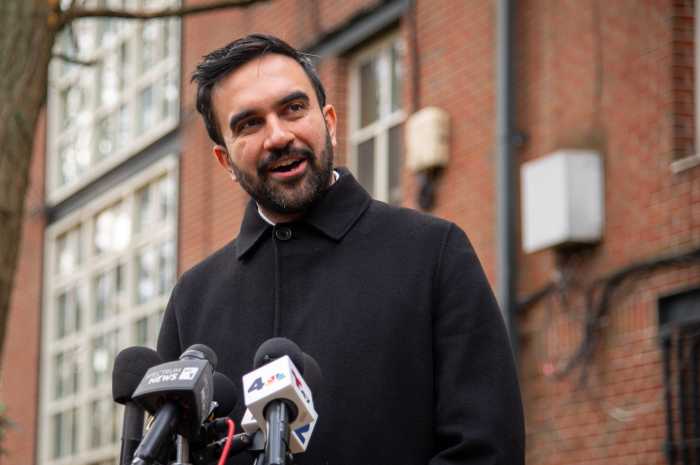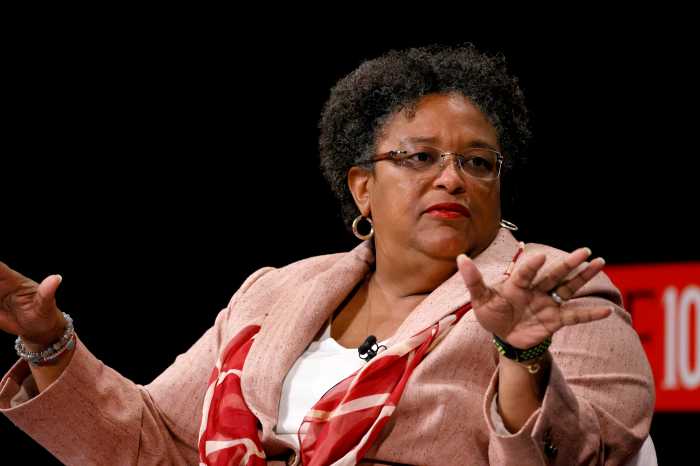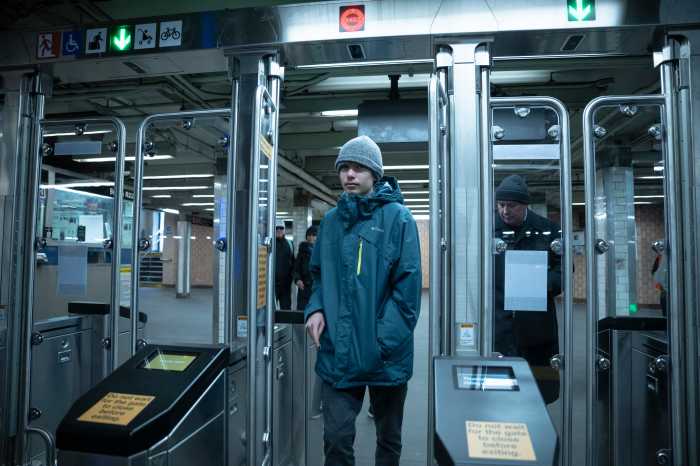BY KELLY COGSWELL | Last week, yet another person told me that identity politics was dead. “Sure, as a strategy, it was okay for our generation, helped us get a lot done from AIDS to marriage, but the young ones aren’t into labels. They use ‘queer’ or whatever. Don’t see the need for L-G-B-T at all.” Which may well be true. Young queers can declare victory. Get married. Or not. Ride off into the sunset or ironically drink Bud out of Mason jars at home.
Identity politics seems particularly dusty during specialized history months when PBS broadcasts a couple of documentaries on the likes of Harvey Milk like they do of Martin Luther King or Cesar Chavez. Some simplistic little thing that fossilizes our struggles into something a kid can understand. Though nothing that breaks into straight, white, male History to indicate that our stories of liberation are as important and revolutionary as those of our Founding Fathers. In fact, are a kind of continuation of them. Not separate or apart.
Even I hate identity politics sometimes, because after years of calling attention to differences, we get groups of whacktivists who don’t just acknowledge difference, but fetishize it, even enforce it, attacking any queer organizer that tries to offer parallels with, for instance, the black civil rights movements, because it is an “appropriation” of experience. Likewise, any attempt to connect queers in Nigeria with those in New York or even Mississippi is automatically denounced as a form of neo- or post- or maybe even pre-colonialism.
A Dyke Abroad
While these critics are ostensibly attacking racism or colonialism, it’s hard to distinguish them from the bigots who believe that each group, each nation is not just formed somewhat arbitrarily by skin color or sexual orientation, or gender, or geography, and the experiences of their lives that follow, but is so profoundly and inherently different that we’re not just apples and oranges but sea slugs and skyscrapers. Which begs the question, if we’re as foreign to each other as all that, on what planet can we be equal? Why bother with democracy at all?
The biggest argument to reconsider identity politics, is that even in places where City Hall flies the Rainbow Flag in June, they’ll still call you a faggot or dyke or tranny when they beat your ass, no matter how pass_ identity is. Critics of Obama don’t really go after his politics, but his black skin. Women are still raped every couple of minutes just for having tits. When I was harassed on the street a couple of weeks ago it was as a big ole dyke. The legal barriers to my equality may be falling every day, but homophobia is still alive and well. Just like racism. And misogyny. All those things that impose identity, history, life experience, whether we want it or not.
Because the focus is identity, a more enlightened version of identity politics can respond. A willingness to do what Ta-Nehisi Coates is doing with race, asking what it means to be black, how racism is enmeshed in our national history and imagining some way to redress it. The only way to assure basic human rights is through political action. And the only way to wield political power is to be visible. And the only way for minorities to be visible is to organize around these arbitrary differences somebody started calling identities.
What queers need to articulate this time around, though, is that while differences exist, and they matter, they don’t make us unrecognizable to each other or the world. Like an extended family, each member may have a different personality, life, name, even gender, class, race, history, or nationality, but we’re still in it together.
If we are uncomfortable with the language that defines us, it is up to us to transform it by taking these awkward words and putting our bodies behind them, investing them with our lives. Only then, will they begin to change and “woman” will make room for the likes of me. And “lesbian” can mean blue jeans, Doc Martens, and a Mohawk on Wednesdays, and on Saturdays a furry skirt and lipstick. Or whatever.
Even in our own community, we can intersect and be different and the same all at once. We can even shift between our identities because they aren’t fixed. Though the consequences might be. The jobs we still don’t get. The religions we’re exiled from. The families many of us still leave behind to save ourselves.
We can do anything we want, except abandon the field of battle. I think in the midst of all this progress, we’ve failed to communicate to a younger generation just how vulnerable we are. That we LGBTQ people are a minority today — and always will be. A dangerous reality when humans have a predilection for punishing the different and powerless and progress is never written in stone. Voting rights won generations ago are under attack again. Ditto for abortion rights.
Identity politics is dead. Long live identity politics.
Kelly Cogswell is the author of “Eating Fire: My Life as a Lesbian Avenger,” published earlier this year by the University of Minnesota Press.



